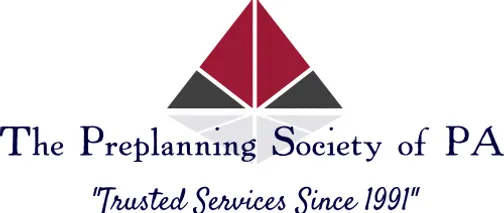Life Cycle Planning
Financial planning means something different to everyone. For some, it's about getting by on their paycheck, for others it's about watching the stock market each day.
Unfortunately, very few of us feel prepared to meet our ongoing financial obligations and objectives. Worries about money have become one of the greatest anxieties of our day.
The Basics Of Homeowners Insurance
Your home and the things in it generally represent the largest asset your family will ever have. For this reason it is very important to have your home and its contents insured at all times. One should have insurance on its contents, against theft, fire, windstorm, or some other disaster. It is also wise to be insured for personal liability. This would cover an accident that might occur to someone who is visiting your home.
The Time Value Of Money
One well-known fact of economic life is that a dollar received today is worth more than a dollar received a year from now.
Time and Money
The relationship between time and money provides the foundation for virtually every financial decision you will make. Whether you are saving money for a future event or considering a loan to pay for a current financial need, you will be greatly impacted by the time value of money.
Health Insurance - How It Works
Without health insurance, a single illness can cause serious, and often irrevocable, financial hardship.
Insurance of any kind is intended to transfer financial risk to an insurance company in exchange for a reasonable insurance premium. Where most insurance coverages pay once a loss has occurred, health insurance has the added benefit of paying to keep your loss from getting worse.
What Is A Qualified Annuity
Many employers allow their employees to contribute to an annuity program. This becomes an investment option in a salary reduction retirement plan. Under this plan your current taxable salary is reduced and in addition it accumulates tax-deferred earnings. Some companies have added annuities to their retirement list. If you work for a non-profit organization you'll probably be able to choose either a fixed or variable annuity or both. If you have a small business, or work for yourself, you can invest in a qualified annuity by setting up a Simplified Employee Pension (SEP) or a Keogh. Many financial plans are available that you can adopt or you can use a specialist to create a plan for you.
Using Mutual Funds In Your Portfolio
If you want to invest in the stock market but don’t have a large enough portfolio to achieve the diversity you want through individual stock purchases, mutual funds may provide the solution you are looking for. Mutual funds are a collection of stocks designed to meet a stated investment objective or strategy. For instance, you may be able to choose between a fund that holds small- or mid-sized companies, large blue chip companies, or government bonds. Some funds are designed to provide growth, others to give you income.
Traditional and Roth IRAs - Which Is Right For You?
There is a wide variety of tax-advantaged ways for individuals to save for retirement. Because of their income tax benefits and because IRAs are so easily established, they have become one of the most often used retirement savings vehicles available today. Recent tax laws, however, have created three very unique types of IRAs the Traditional IRA, the Non-Deductible IRA and the newer Roth IRA.
Private Mortgage Insurance
If you purchased your home paying less than 20% down, chances are you had to purchase “mortgage insurance” in order to qualify for your loan. A mortgage insurance policy protects the bank in the event they are forced to repossess your house and sell it at a loss. As with most other types of insurance, you pay a monthly premium on top of your monthly mortgage payment for this policy. A mortgage insurance policy provides the means for purchasing a house you may otherwise be unable to afford, due to a limited down payment.

